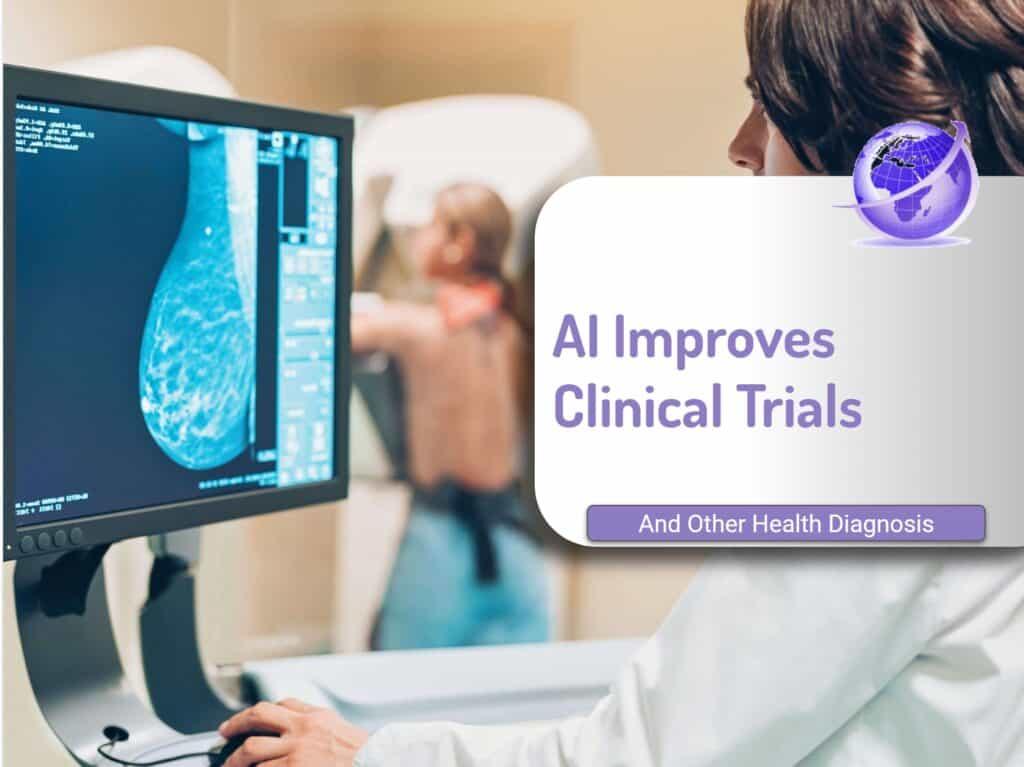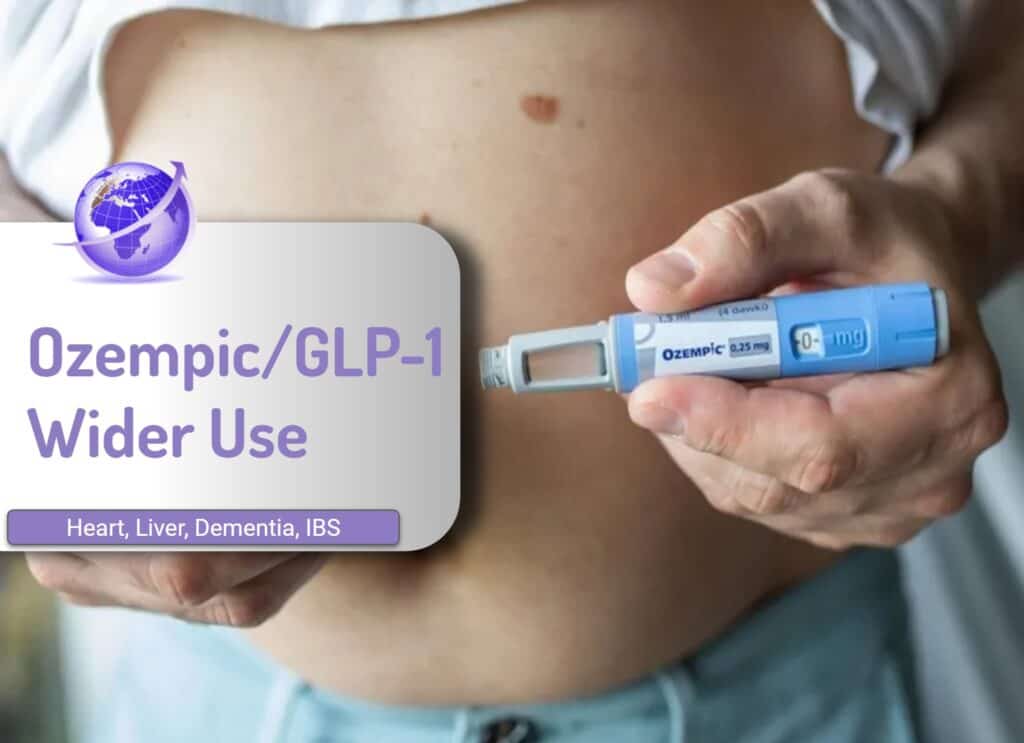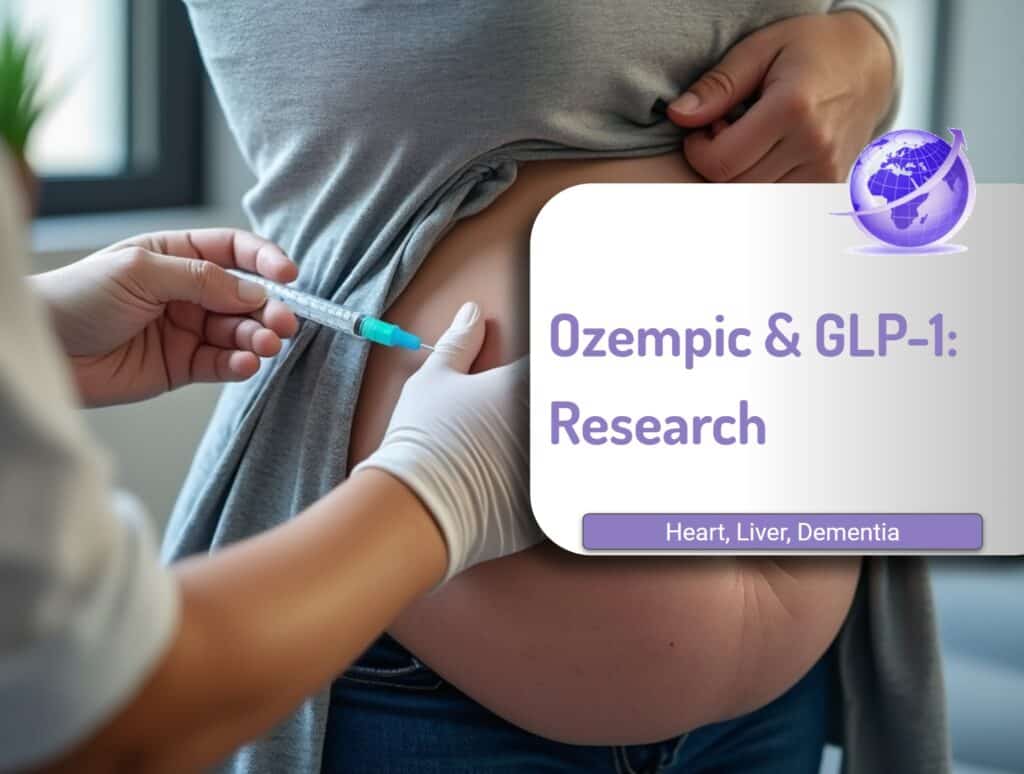OPYL [1] demonstrates that AI improves Clinical Trials. Clinical trials stand as the cornerstone of medical advancement and is a necessary step for any new drug or medical device before it is brought to the market. Yet, traditional methods employed in designing these trials have remained stagnant for over three decades.
OPYL Breakthrough
Using ChatGP and 3 years of machine learning and big data analysis OPYL have just released an AI product called Trialkey.ai [2] with over 400,000 clinical trial data from the repository at clinicaltrials.gov. The problem they faced was much of the data was free form and to make matters even more difficult some where hand written. OPYL developed over 800 data variables and matched, where possible, approval through FDA and through commercialisation. That data was often not available – phase 1, 2 or 3 may have been abandoned, completed, amended or not progressed or commercialized. Despite these limitations data ai can predict to 90% whether the objectives of the trials will be met.
AI Improves Clinical Trials
The ramifications are enormous. The system virtually provides over 30 variables to game trial design to ensure a successful clinical trial. Users can run virtual trials and optimise to get better outcomes. Trialkey expects improvement as it is further developed. They forecast:
- With 30,000 clinical trials each year, they will result in better outcomes. (More)
- If more was put into fewer trials (as low as 6,000) the outcomes would be improved. (More with less)
- Higher probability of outcomes. (Better)
- Reduction of trial times.
They pointed out that in particular government and university trials have very poor outcomes. Better tools = large improvements..
Multiple Vendors
OPYL are not the only ones. Listen to a great podcast on Trialkey founders on Eye-on.ai podcast episode 184. [6]
- OpenAI and Moderna have teamed up and Moderna is leveraging OpenAI technology to augment clinical trial development by building an AI to help analyze large data sets.
- Color Health built a copiloto using GPT-4o to assist healthcare providers to make evidence-based decisions about cancer screening and treatment.
- Vitara Health in conjunction with breast screen services globally uses AI to provide women a rapid response following breast screening. A German and USA study using AI looked at nearly 1.2 M mammograms found that having a radiologist and AI system working together was 2.6% better at detecting breast cancer than a radiologist alone, and in another study shows AI assisted may reduce unnecessary testing. 3 In that study, out of 10,000 who underwent exams, 262 could have avoided diagnostic exams, 10 avoided biopsies, without any cancer cases missed. Workload would be 24% less.
Conclusion
Within a decade, we will have improved AI impacts across all parts of the health industry. From drug discovery to surgery, to diagnosis. Personalised medicine [5]. More importantly curing disease, not just treating it.
References
- Opyl – Clinical Trial Recruitment and Social Media Insight. Opyl https://opyl.ai/.
- AI-Powered Clinical Trials – TrialKey. https://trialkey.ai/ (2020).
- Genomics and Personalized Medicine: What Everyone Needs to Know. Michale Snyder 2016. https://www.amazon.com.au/Genomics-Personalized-Medicine-Everyone-Needs/dp/0190234768
- Schneider, T. AI-assisted breast-cancer screening may reduce unnecessary testing. Washington University School of Medicine in St. Louis https://medicine.wustl.edu/news/ai-assisted-breast-cancer-screening-may-reduce-unnecessary-testing/ (2024).
- Genomics and Personalized Medicine: What Everyone Needs to Know. Michale Snyder 2016. https://www.amazon.com.au/Genomics-Personalized-Medicine-Everyone-Needs/dp/0190234768
- Ronen Dar, CTO and co-founder of Run:ai, delves into the intricacies of managing and maximizing GPU utilization in an era marked by a severe GPU shortage. Ronen shares his insights on how Run:ai’s innovative software is revolutionizing AI infrastructure, making GPU resources more efficient and accessible. Podcast 186 https://www.eye-on.ai/podcast-archive









